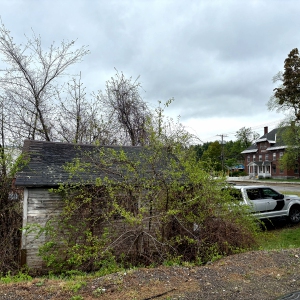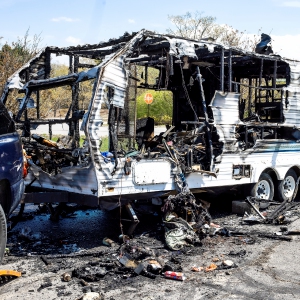State Board of Education approves controversial revisions to minimum educational standards
| Published: 08-14-2024 5:02 PM |
The New Hampshire Board of Education voted Wednesday to approve new minimum educational standards that some believe could reshape K-12 education in the state.
Opponents of the revisions to the so-called 306 Rules have argued that they will diminish instructional requirements, worsen educational inequality, and create opportunities for private education to replace public education.
They point specifically to a series of language changes, for example, “courses” has been replaced with the phrase “learning opportunities” in some cases, while the word “shall” has been replaced by the word “may” in others. Some educators worry the former change will lead to the replacement of in-class instruction with other things, and the latter will lessen school districts’ requirements.
“New Hampshire’s public schools have long been the pride of our communities and held to high standards that have resulted in rigorous, meaningful educational opportunities for all of our students,” said Nicole Heimarck, the executive director at Reaching Higher NH, a non-partisan education policy organization. “This proposal could put our public schools on a very different path, one with lower expectations for students and public schools.”
Department of Education commissioner Frank Edelblut, who has spearheaded the once-per-decade rules revision process, has pushed back against the criticism, arguing that they are overblown.
“This is just one of those processes that can be noisy,” Edelblut told the Manchester School Board at a meeting in May, the Granite State News Collaborative reported. Edelblut said that Reaching Higher NH’s criticisms of the revisions were “generalities” that weren’t “actionable”.
The board of education did act upon one of the most strident criticisms of the new rules, reinserting class size maximums into the rules.
The revised rules will next month go before the Joint Legislative Committee on Administrative Rules, a state oversight committee composed of lawmakers tasked with reviewing and approving administrative rule changes.
Article continues after...
Yesterday's Most Read Articles
 Skeletal remains across from state prison identified as Concord fugitive
Skeletal remains across from state prison identified as Concord fugitive
 Man dies in RV fire in parking lot of Concord’s Steeplegate Mall
Man dies in RV fire in parking lot of Concord’s Steeplegate Mall
 25-year-old Concord man identified as Steeplegate Mall RV fire victim
25-year-old Concord man identified as Steeplegate Mall RV fire victim
 ‘Field of Dreams’ to ‘a dump’ – What golfers have to say about Concord’s plans to rebuild the Beaver Meadow clubhouse
‘Field of Dreams’ to ‘a dump’ – What golfers have to say about Concord’s plans to rebuild the Beaver Meadow clubhouse
 ‘New Hampshire is just going to embarrass itself’: Former Child Advocate warns against proposed office cuts
‘New Hampshire is just going to embarrass itself’: Former Child Advocate warns against proposed office cuts
 N.H. mulls immigration bill to ban sanctuary policies and overrule local control
N.H. mulls immigration bill to ban sanctuary policies and overrule local control







 Photos: Signs of spring
Photos: Signs of spring Concord streets to close for Rock’N Race
Concord streets to close for Rock’N Race
